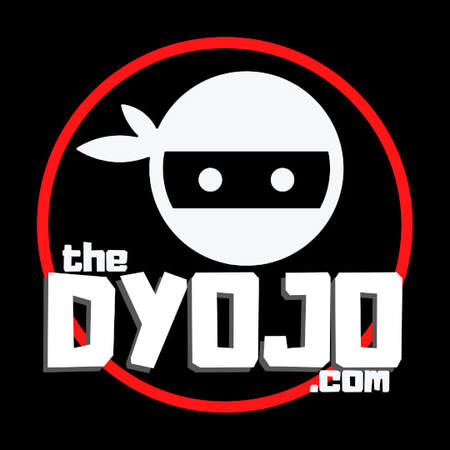|
How does a consumer know whether a contractor is competent enough to complete remodeling and repair work? Author Ron Alford provides insights into the four types of contractors in his book, designed for property owners, titled How to Win the Insurance Claim Game (available on Amazon). In this video we review those four types of contractors, Ron's tests of competence, and how the consumer can better protect themselves when hiring a construction professional. This discussion is also helpful to business owners and managers looking to elevate their team's abilities to seek, sell, and produce quality projects.
0 Comments
Business owners and managers complain about the lack of quality applicants and employees who won't stick around. We take a look at some examples of terrible job descriptions for ways construction professionals can better navigate the recruitment process. We will also review some clips of hilariously bad job interviews for ways modern businesses can better connect with young professionals. IN EPISODE 113 of THE DYOJO PODCAST:
Clips were used in this Episode from * Too Apree on YouTube * TDP 49 with Al Erisman, author of The ServiceMaster Story * P2T: Preparing 2 Thrive in the Modern Workplace (book) Chapter 5 LAST EPISODE TDP 112 Creating a Competitive Business Advantage in 2024 NEXT EPISODE Join us as we discuss hard construction lessons learned from a failed nuclear power plant in Elma, Washington. Thursdays are for The DYOJO Podcast - helping contractors shorten their DANG learning curve. Join host Jon Isaacson as we explore contractor stories, experiences, and best practices to help listeners thrive in the skilled trades. The job interview. If your interview habits are not helping your business achieve the goals of attracting, hiring, and retaining good talent, it's time to review the process. This text is from an excerpt from Episode 113 of The DYOJO Podcast. This blog discussion will benefit business owners, managers, parents, and educators as they look to understand and engage with young professionals. As our friend and fellow author, Tony Canas said in Episode 112, "You've got to show them [emerging professionals] a path to success." This content will also be a benefit to those aspiring professionals that maybe stumbled across this wonderful podcast to learn some tips on what current and future employers are looking for. Young professionals will receive valuable tips for
Emerging professionals don't just want a job, they want to find a place where they can grow and thrive. Our discussion extends to how new employees can set themselves up for those critical first 30, 60, and 90 days in a new job. Understanding how to achieve goals once a job has been acquired. New Book for Young ProfessionalsFor those of you reading, who are actually preparing for an interview, we will help you Prepare 2 Thrive. For those business owners, managers, parents, educators, you will want to share this information with young professionals preparing for interviews. What we discuss in this blog and the accompanying video will help job seekers stand out and thrive in a job interview. You'll recognize some of these tips from my latest book, P2T: Preparing 2 Thrive in the Modern Workplace. This book provides new hires with a path to success. This is resources for young pros book one. Tips for Thriving in a Job InterviewHere are the tips for thriving in a job interview that we share in P2T: Preparing 2 Thrive in the Modern Workplace
Read about these tips and many more in P2T: Preparing 2 Thrive in the Modern Workplace by Jon Isaacson. P2T: Chapter FiveThis blog and the accompanying video share Chapter Five: The Job Desription from my new book P2T: Preparing 2 Thrive in the Modern Workplace.
When a company writes a job description, they are giving applicants clues about what they are looking for. You shouldn’t have to dig too deep into the job description to find a few things that you understand and relate to the knowledge, experience, and abilities you have demonstrated in your life (see Chapter 12 for more on these Four Elements). What is the title of the position? If the title is something like entry-level customer service representative, what does this tell you? Entry-level usually means that they are hiring someone with little to no prior experience. Customer service can mean many things, but it usually requires the employees to interact directly with the public. Read what the listing says about a few key elements. Qualifications. This is where they tell you what prior knowledge, experience, and/or abilities they expect applicants to have. Roles and/or responsibilities. This is where they try to paint a picture of what applicants will be doing if they get hired. Compensation. Some organizations will tell you what the salary or hourly wage range is, and others will not. You will want to try to determine if the qualifications are required or recommended. For example, the employer may prefer that you have an Associates Degree (AA/AS) but they don’t require it. Even if they say they require a degree, you may roll the dice and apply anyway. What experiences do you have that are relevant to the roles and responsibilities outlined in the job description? If you have demonstrated knowledge, experience, or abilities that could be worth more than a degree, you will want to use the cover letter to communicate this. If they don’t specify the compensation, this is a question you can ask in the interview. Asking, “How much does this job pay,” is a reasonable question. Instead, try asking it another way. For example, “Is the compensation rate at or above minimum wage?” Sounds a little more intelligent. Then you can follow up with, “What is the process and timeline for becoming eligible for a promotion.” This approach communicates that you understand that if you work hard you will earn more. Some jobs have a review after 90 days. Others may provide training or certification that opens up more pathways to greater responsibilities and higher pay. Be proud of the fact that you want to thrive. You should leave the interview with a sense of clarity about what your options for advancement are. P2T: Preparing 2 Thrive in the Modern Workplace, the new book by Jon Isaacson. LEARN MORE about P2T or BUY NOW from Amazon. My new book will help business owners better engage young professionals and help them articulate a pathway to success. Organizations need to show the incoming workforce a path to success. This is a win-win for employers and employees. We take a trip down memory lane with a REPLAY plus of Episode 22 of The DYOJO Podcast. We discussed growing your business without compromising your values with guest Lex Sisney, author of Organizational Physics and Designed to Scale. Structuring Your Business for Growth and other topics we discuss with Lex Sisney in this BONUS Episode 0:00 Jon is traveling to Winter Break 4:12 Review of an old episode 8:51 Business structure vs. process 15:14 Organization design is not a democratic process 23:52 Creating change THANK YOU SPONSORS: Actionable Insights now has a Xactimate Profile similar to the Contractor & Carrier Profiles that come with Xactimate. Along with access to all the Insights Sheet Macros, the profile includes Actionable’s industry-standard default preferences that focus on accurate and transparent estimating. EPIC Estimates - Any estimate, anywhere, anytime. Let the award-winning EPIC Estimates help your team write the next Xactimate or Symbility estimate. Freeing your team up to do what their good at, while helping your business maximize productivity and profitability. Restoration Industry Association (RIA) - Connect and collaborate with your industry peers through the largest non-profit professional trade association dedicated to the unique plight of restoration contractors. Join us April 8-10, 2024 in Dallas for the Restoration Industry Association Convention and Industry Expo. Discounts are available for early registration. P2T: Preparing 2 Thrive in the Modern Workplace is the latest book from Jon Isaacson. P2T was written to help young professionals develop the mindsets and habits to thrive in the modern workplace. Employers are handing P2T out to new hires by the DOZENS. The DYOJO Podcast for Contractors
In the professional world, we can see an organization doing well and be tempted to think they have an unfair advantage. In the arena of sports, we hear about performance enhancing drugs and teams trying to steal other secret signs. In business, we hear about corporate espionage and insider trading. These all appear to be unfair business advantages. Good news for business owners, managers, and supervisors. There are ethical and legal ways to create "unfair" advantages in the workplace. Where your peers and competitors are struggling and complaining about working with young professionals, there is a NEW BOOK from The DYOJO that will create win wins for employers and employees.
Check out P2T: Preparing 2 Thrive in the Modern Workplace by Jonathan L. Isaacson. This is the first book in the Resources For Young Professionals series. Join the early release mailing list to get your "unfair" advantage TODAY. Jon Isaacson was a guest on The OG Spotlight from Learning and Mishaps for the skilled trades and construction industry. |
Words
The DYOJO - helping contractors shorten Archives
June 2024
Categories
All
EstimatingMarketingInsurance ClaimsLeadership |
|
| |||||||
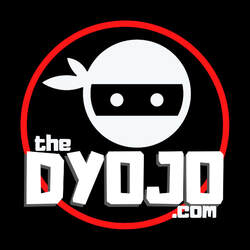

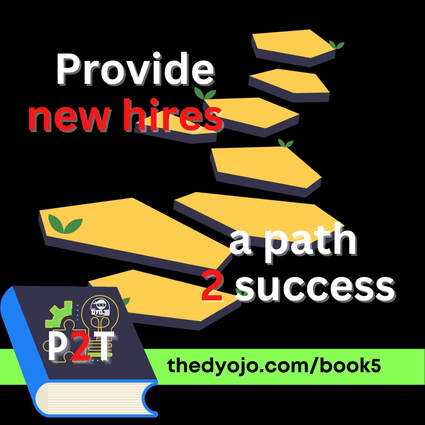
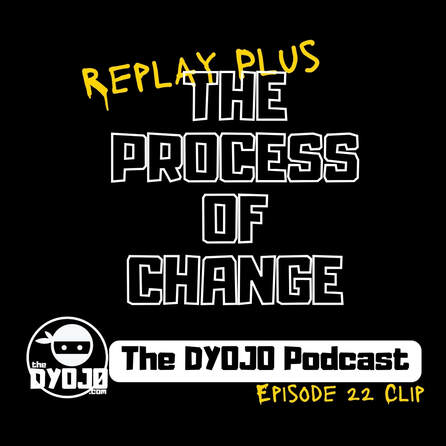
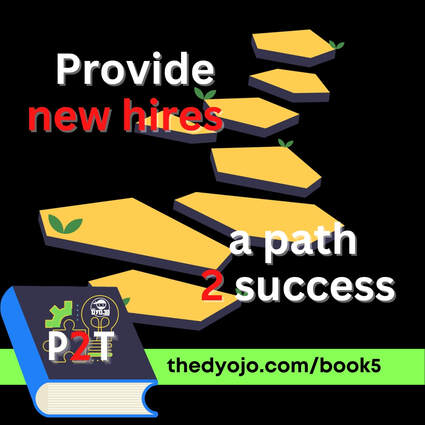
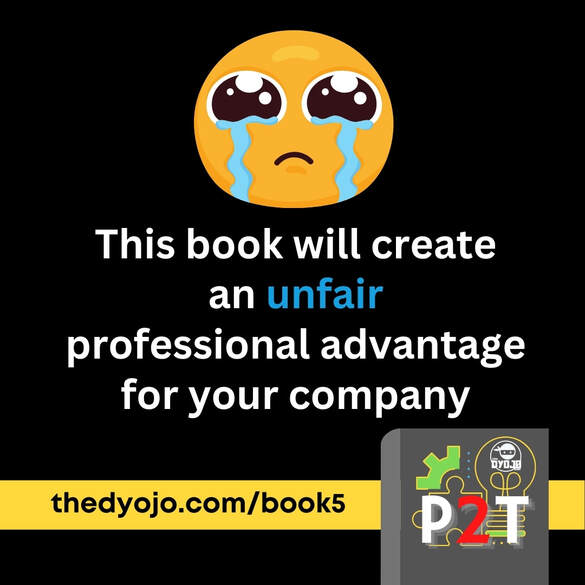
 RSS Feed
RSS Feed
